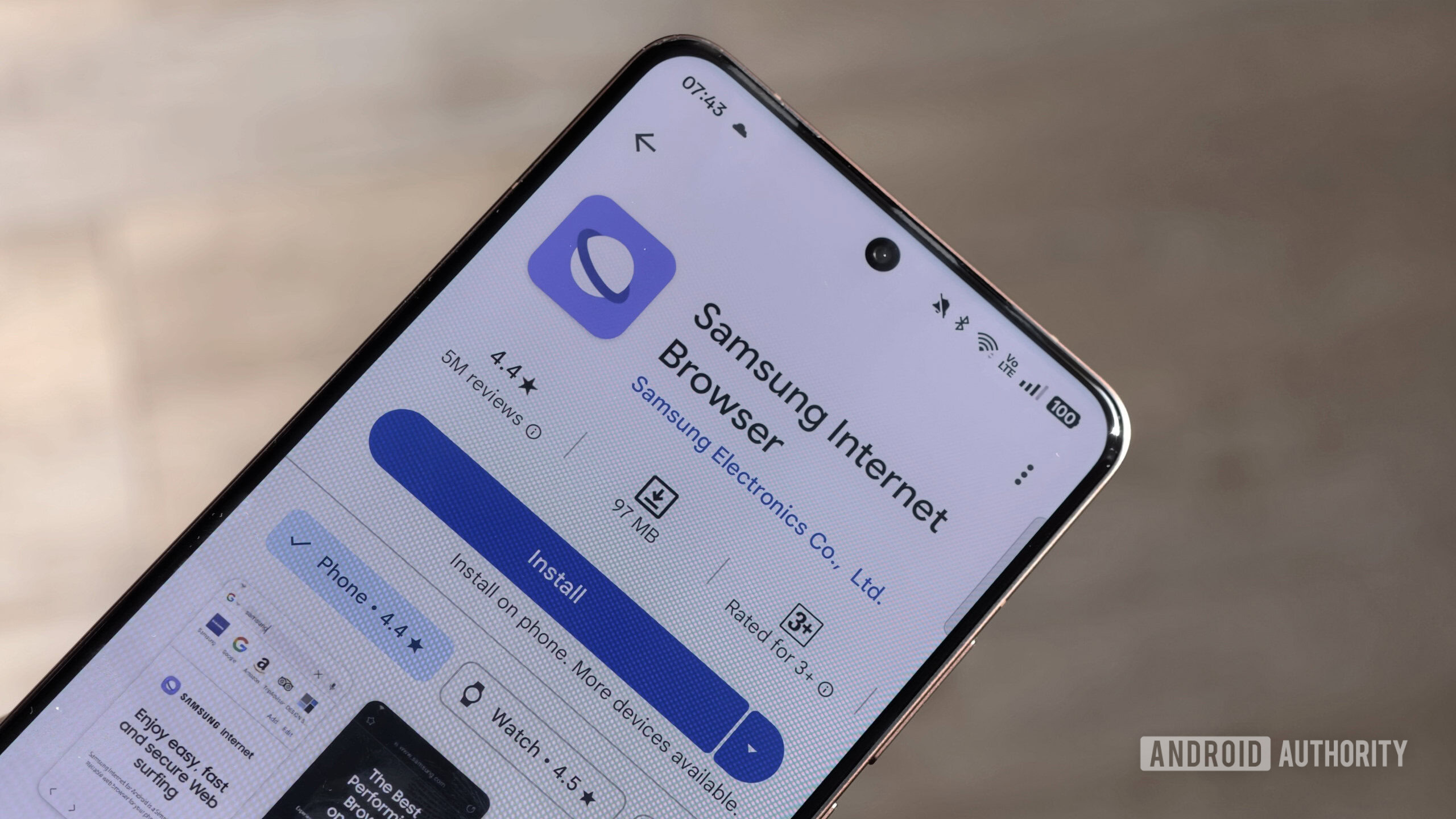Google's Web Crawler Processes JavaScript More Effectively by Copying "Idle"
Dominate local search results with our SEO services Pinellas Park FL. Boost your business with proven strategies.

Google's web crawler poses as "idle" to improve the rendering of websites with a lot of JavaScript, which in turn helps with the indexing of web pages with delayed content.
A recent "Search Off The Record" podcast episode revealed that Google's rendering algorithm now imitates "idle" states to improve site rendering and cause certain JavaScript events.
In the episode, Zoe Clifford, a Google rendering team member, explained how the company's web crawlers handle websites that use JavaScript.
Web developers who use these techniques to delay content loading may find this knowledge helpful.
The "Idle" Simulation by Google
When rendering, Googlebot creates "idle" intervals that trigger JavaScript events such as requestIdleCallback.
Developers use this feature to postpone loading less crucial material until the browser has finished other tasks.
In the past, Google's rendering process was so effective that it kept the browser open all the time, which prevented certain websites from loading important material.
Clifford stated:
I won't name the popular video website, but it took a while for any page contents to load after requestIdleCallback was terminated.
This event wouldn't occur since the browser never seemed to be idle, which prevented a large portion of the page from loading properly.
Adding Downtime to Improve Rendering
Google has implemented a technique that periodically makes the browser seem inactive even while it is actively displaying websites.
By making this change, idle callbacks are guaranteed to be initiated appropriately, enabling sites to load their whole content in preparation for indexing.
The Value of Managing Mistakes
Clifford emphasised the importance of developers providing fluid error handling in their JavaScript code.
Unmanaged problems, such as blank pages, redirects, or missing content, might negatively affect indexing.
She suggested:
Try to handle any errors as smoothly as possible...Working on websites takes a lot of work.
What This Means for Web Developers: Smooth Error Handling: When smooth error handling is used, websites load typically even when some code components malfunction.
- Use Idle Callbacks Carefully: Although Google has adjusted to handle idle callbacks, focus on these features sparingly.
- Effect on SEO Experts: Monitor and Test Websites Often: Look for website rendering problems that might impact their search visibility.
- Developer Collaboration: Create user- and search-engine-friendly websites by collaborating with your development team.
- Constant Learning: Keep abreast of recent developments and industry best practices regarding how search engines process JavaScript, generate web pages and assess content.
Additional Rendering Topics
Other rendering-related concerns were also discussed, including the difficulties in handling JavaScript redirection and user agent recognition.
The audio provides insightful information on web rendering and Google's processes to assess websites reliably.
Author Bio
Sarah Williams, a professional SEO writer, provides specialised SEO services Pinellas Park FL. Her ability to produce captivating and search engine-optimised material in digital marketing has made her a highly sought-after specialist. Sarah's experience in journalism gives her a distinct viewpoint regarding SEO writing, which helps her create both search engine-optimised and educational material. She has a talent for understanding the demands of her customers and exceeding their expectations with her work. When Sarah isn't writing, she likes to explore Pinellas Park's stunning parks and beaches.
What's Your Reaction?
 Like
0
Like
0
 Dislike
0
Dislike
0
 Love
0
Love
0
 Funny
0
Funny
0
 Angry
0
Angry
0
 Sad
0
Sad
0
 Wow
0
Wow
0














































